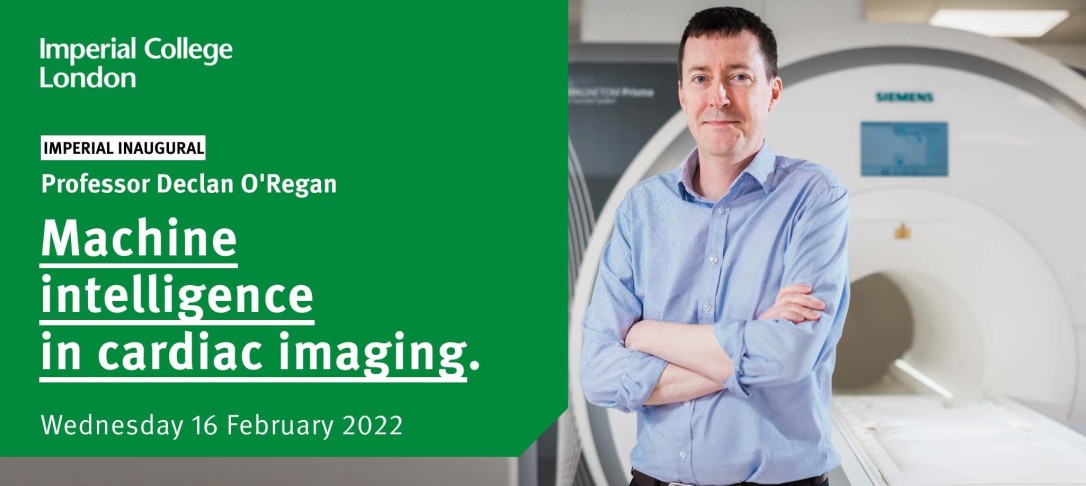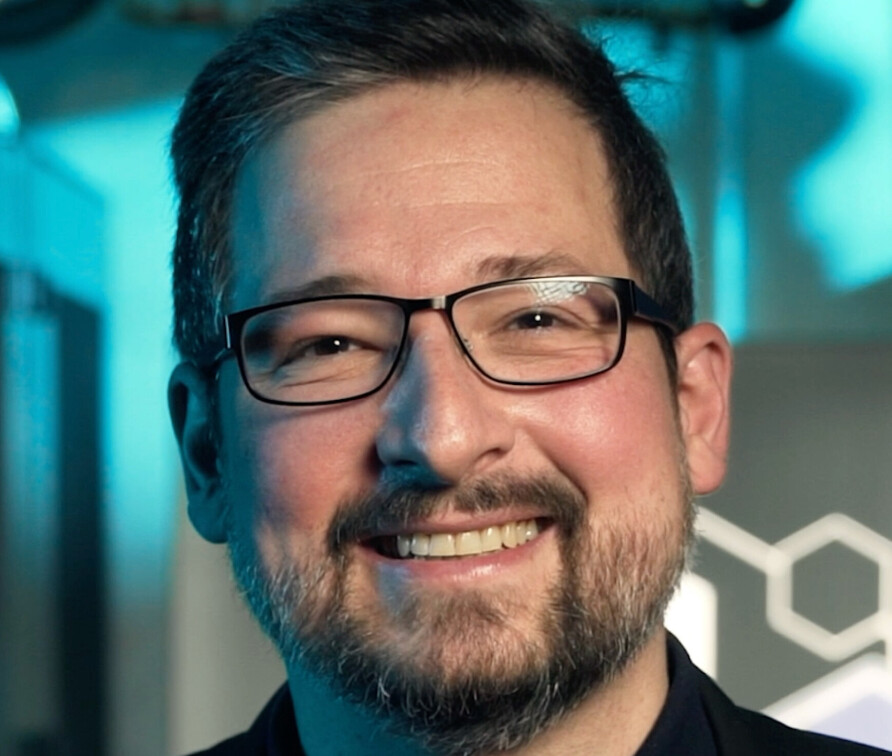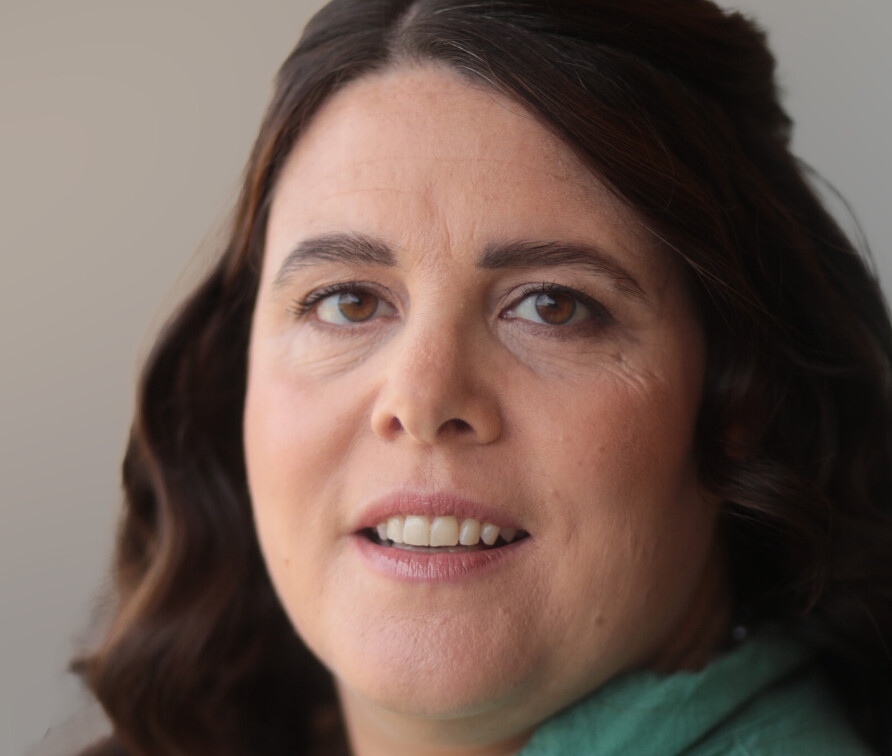
Abstract
Cardiovascular disease is a major global health burden and a leading cause of mortality in the UK and worldwide. Medical imaging forms key part of the diagnosis and management of patients but relies on human judgement. Machine learning offers new possibilities for exploiting the rich information available from cardiac imaging to understand the mechanisms that influence the transition between health and disease.
Declan O’Regan is Professor of Imaging Sciences at Imperial College London where his group have developed a research program at the intersection of computer vision, data science, genomics and cardiovascular science. His team have developed approaches to directly predict outcomes from imaging, to identify how genetic variants affect cardiac motion, and to discover mechanisms that underly cardiac development. In his inaugural lecture Declan will discuss how the creation of digital models of the heart from medical imaging could transform how we diagnose and manage patients, as well as accelerate the discovery of new treatments.
Biography
Professor Declan O’Regan is an MRC Investigator and Consultant Radiologist who leads the Computational Cardiac Imaging Group at the MRC London Institute of Medical Sciences. He is also Director for Imaging Research at Imperial College Healthcare NHS Trust. He is committed to science engagement and is a past Roentgen (UK) and Rowan-Williams (Australasia) travelling professor lecturing internationally on the role of artificial intelligence (AI) in healthcare. He is board member for the British Society of Cardiac MR and sits on the Advisory Council of the British Heart Foundation. He is also an Associate Editor for the Digital Medicine and European Heart Journal – Cardiovascular Imaging.
His research is focused on using machine learning to discover mechanisms that underpin common cardiovascular diseases by integrating data from human imaging, genetics and environmental risk factors. His work includes developing algorithms for predicting human survival from cardiac motion and understanding how complex traits influence the risk of heart failure. He also collaborates with industry to accelerate progress in drug discovery using automated genotype-phenotype modelling.


